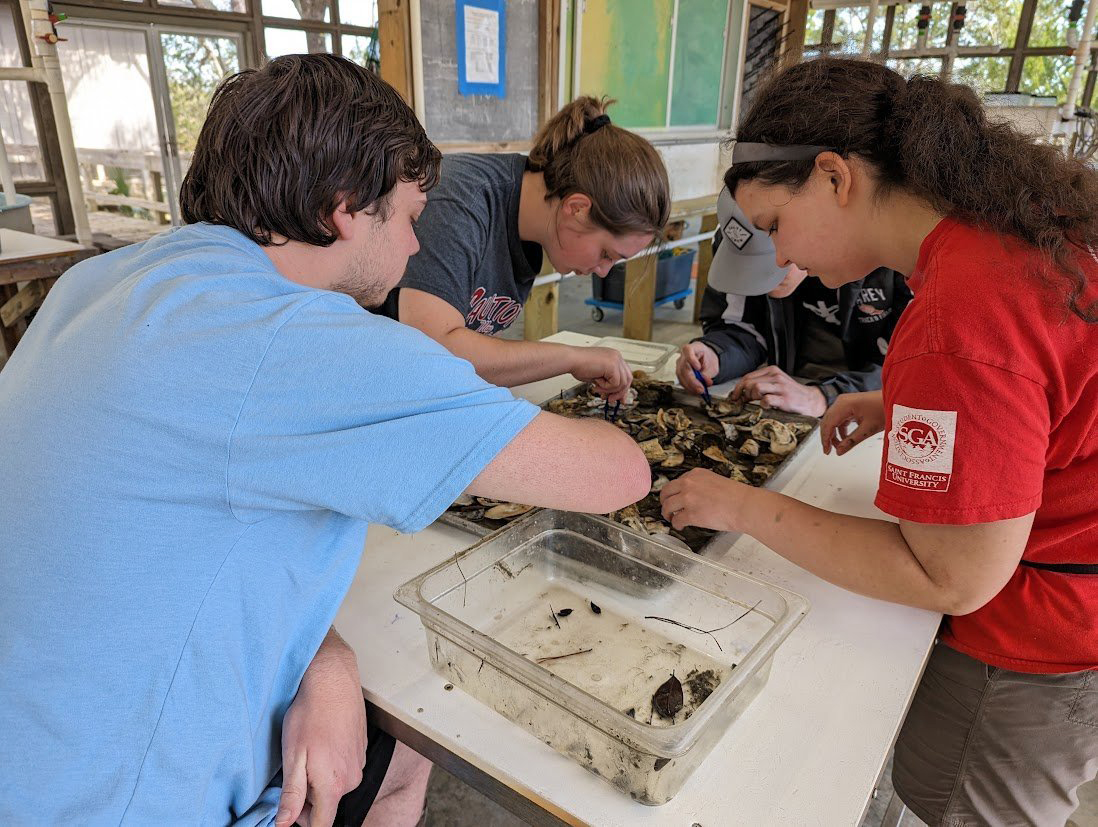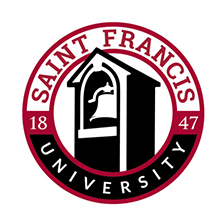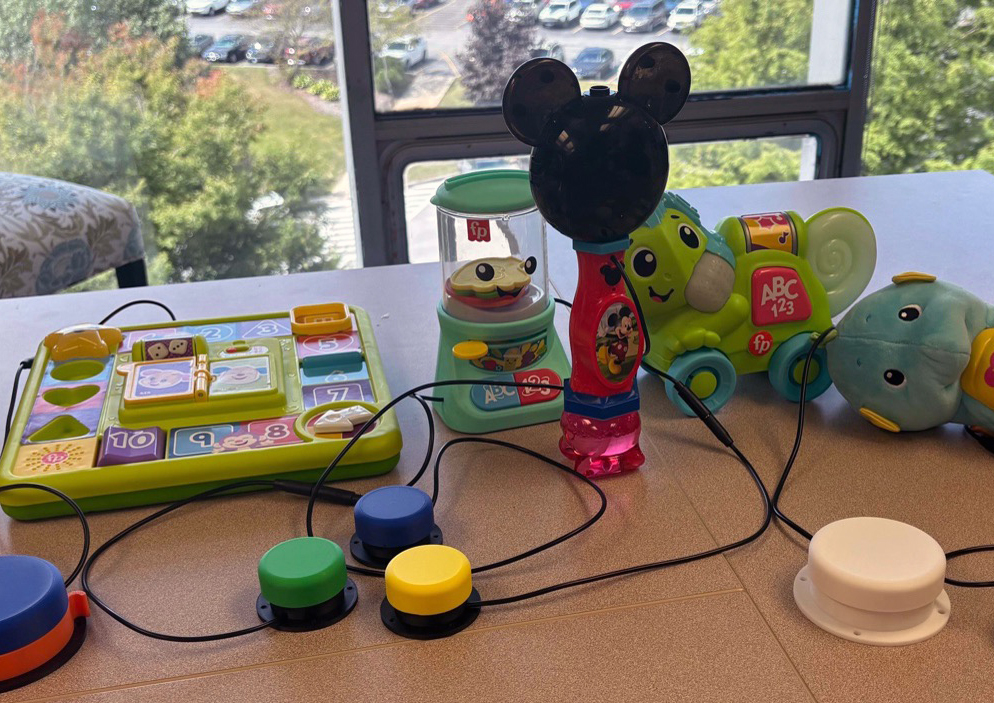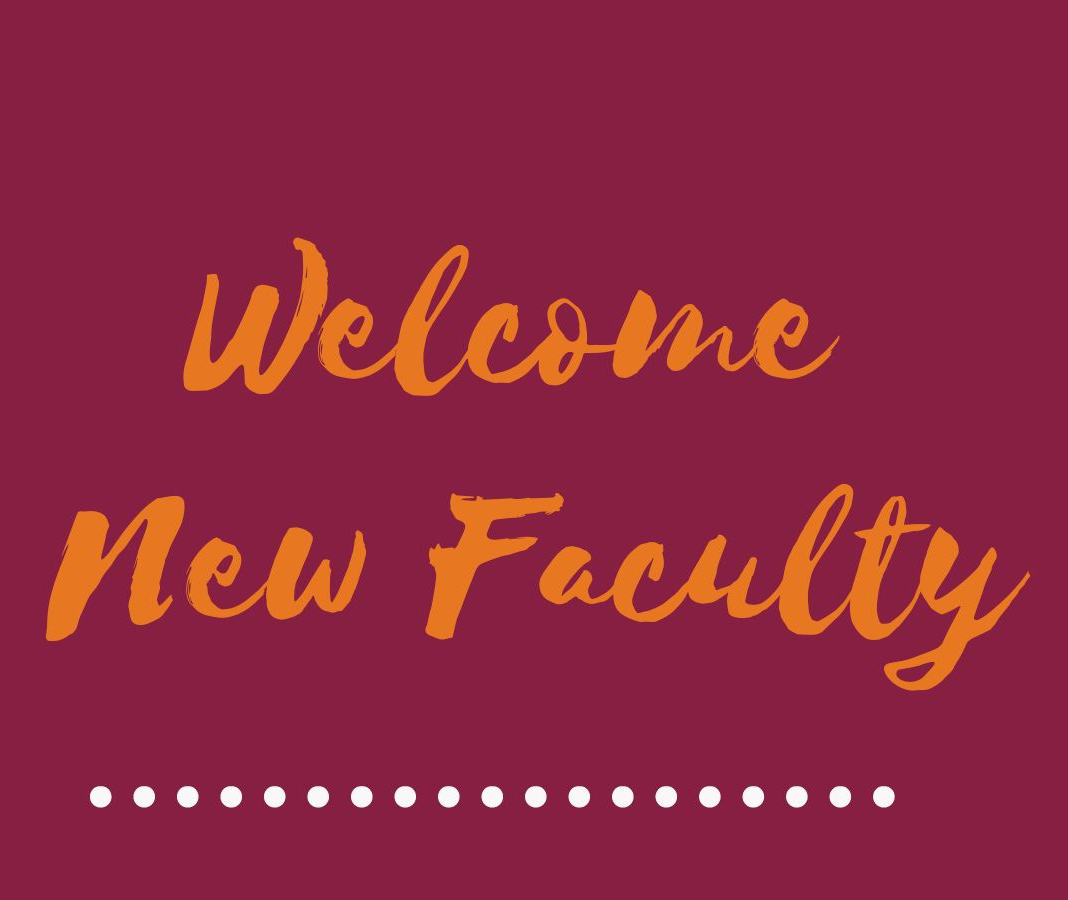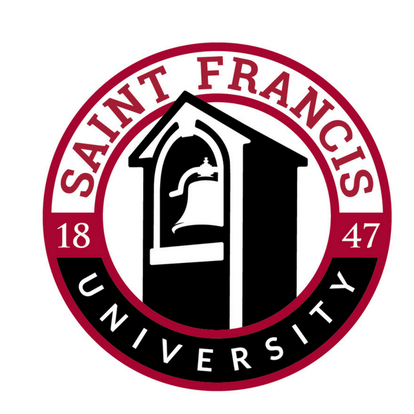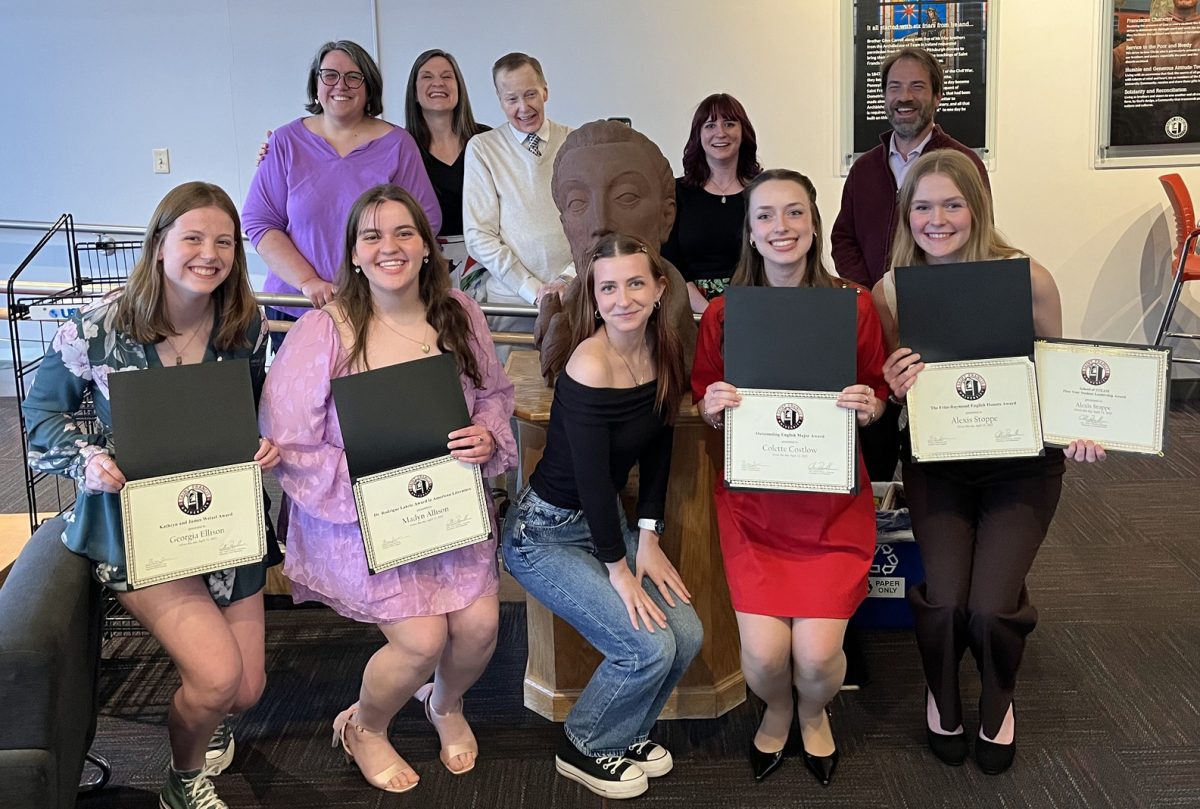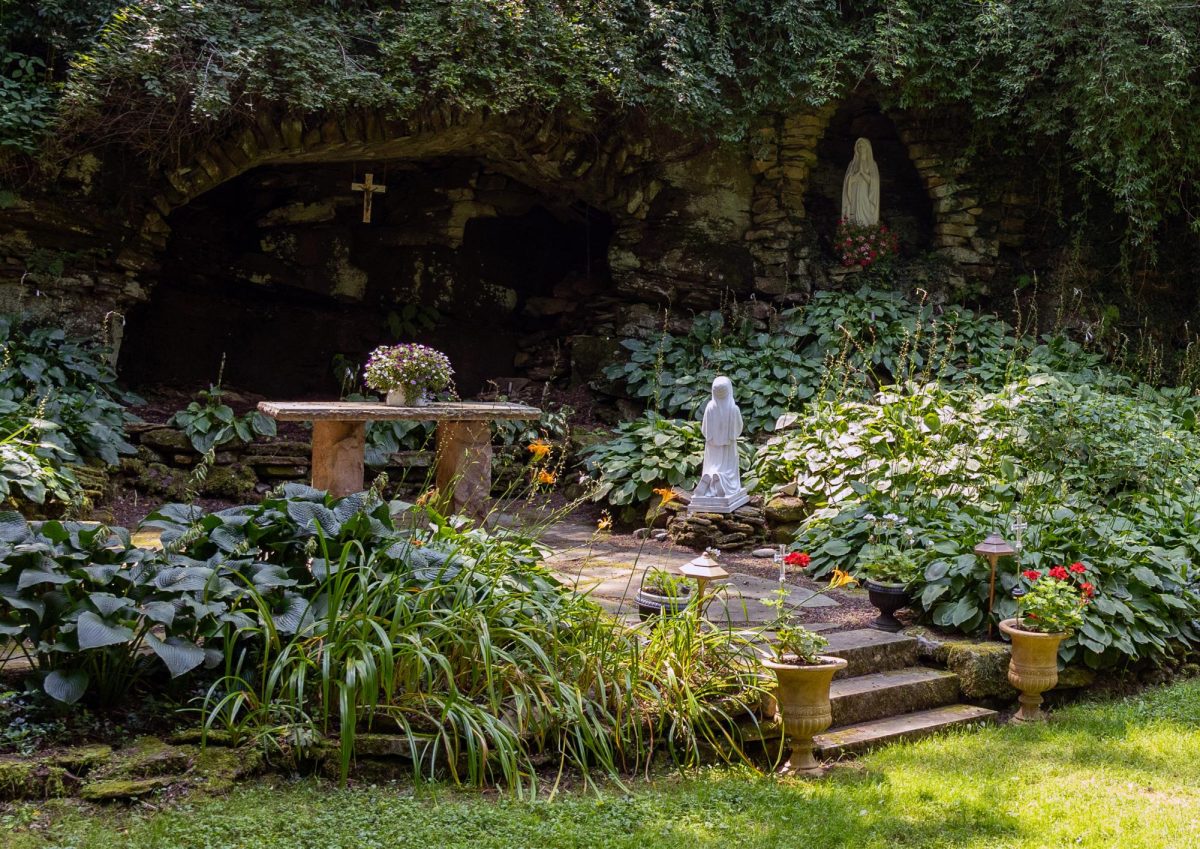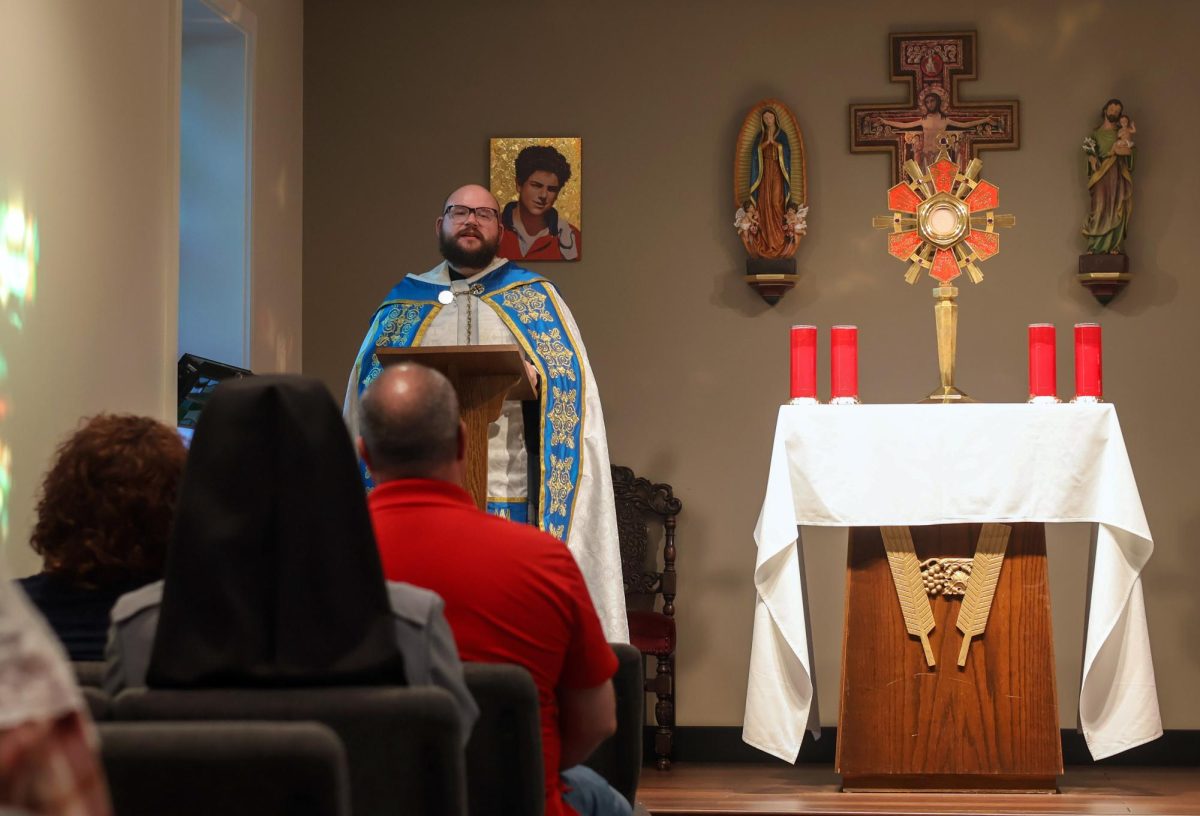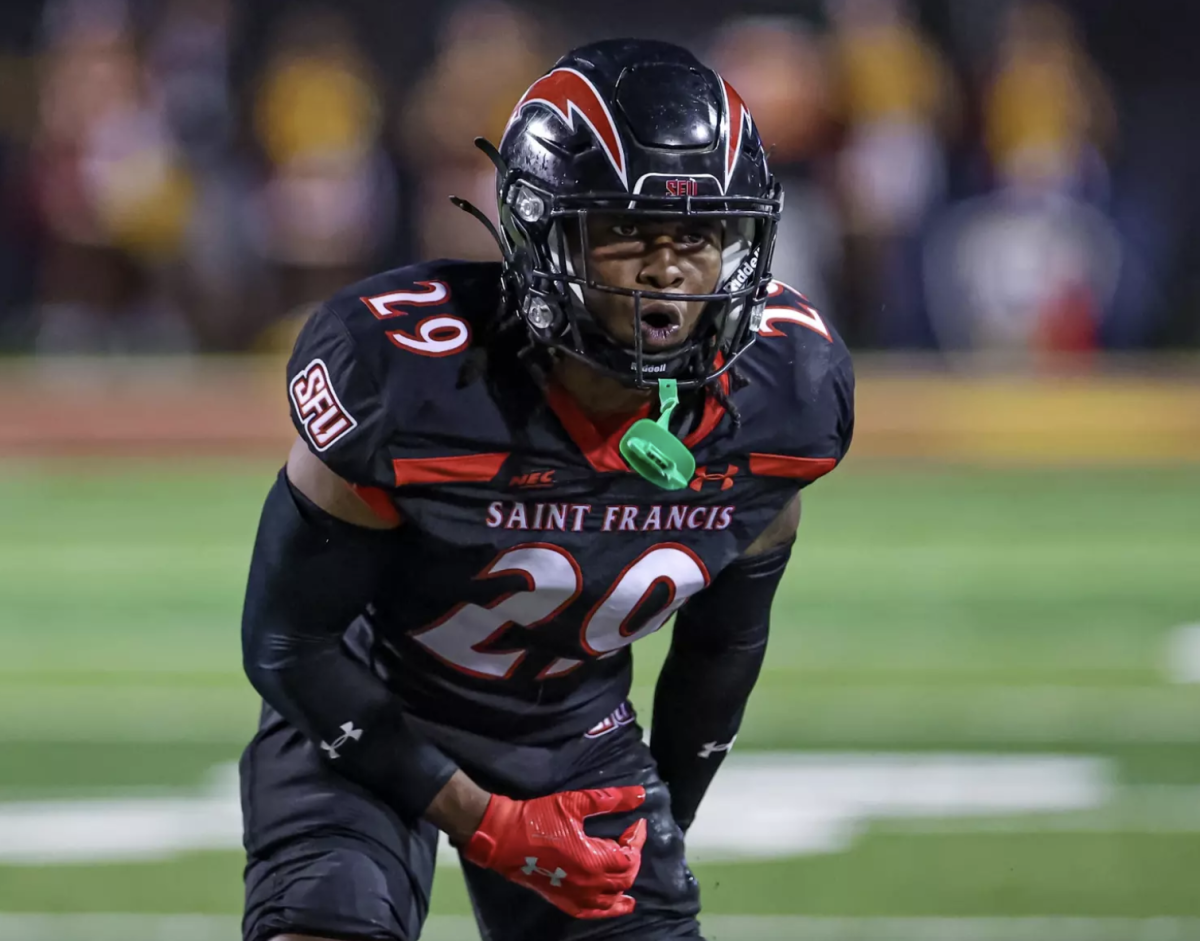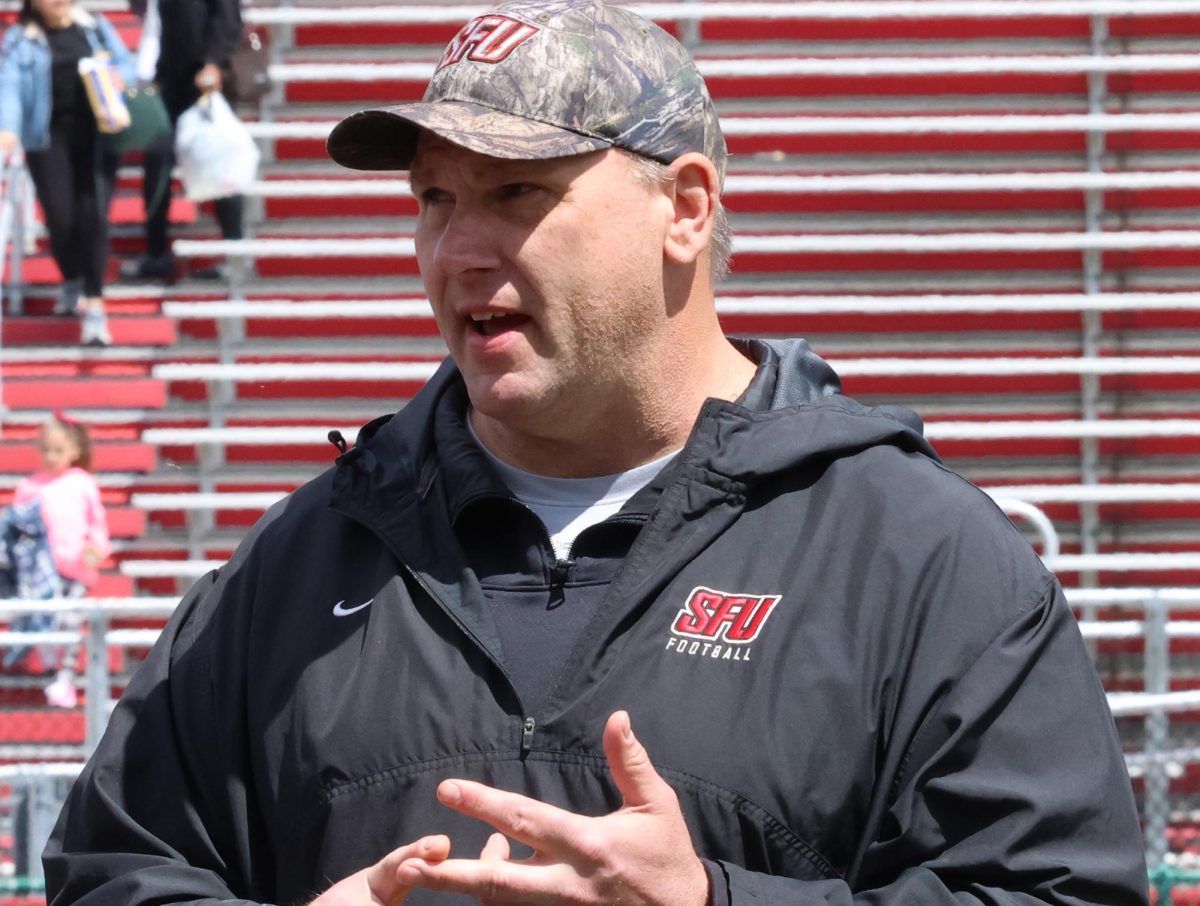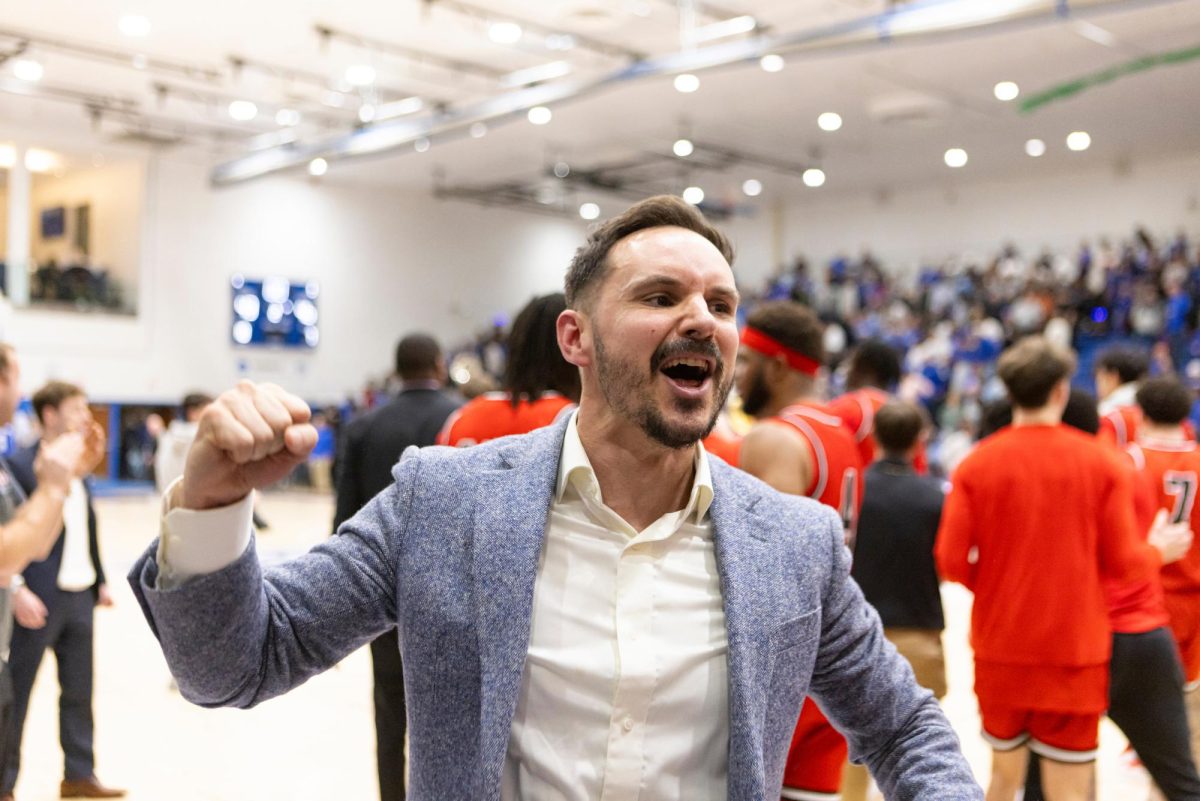Professor of Biology Lane Loya, Associate Professor of Environmental Engineering Travis Tasker, 13 Biology students and eight Environmental Engineering students traveled to Georgetown, South Carolina, for fieldwork at the Baruch Institute for Marine and Coastal Sciences over spring break earlier this month.
The trip marks the second time that SFU faculty and students have completed fieldwork at the institute.
Biology students worked on various group projects. They researched and compared non-burned and burned forest sites. Students also conducted avian point counts, fish surveys and benthic invertebrate trawling and identification.
In their free time, they enjoyed a boat tour, visited a cypress swamp, and examined birding sites at Huntington Beach State Park.
The Environmental Engineering students tested a deployable device called the SeaGlide, which was built and manufactured at SFU.
Students applied engineering concepts with the SeaGlide device, taking water quality measurements of the estuary and water columns that provided live, interpretable data.
Both groups’ field experiences allowed SFU students to take products from the laboratory setting and translate their performance in real-life environments.
Loya said the trip was important because it gave students the opportunity to study a completely different ecosystem than that found in Pennsylvania.
“The trip allowed for students to see endangered species that we do not have here and a totally different physical environment,” said Loya. “Students also got perspective on how you manage a giant property and the downside of development.
“There was a visible contrast between what an undeveloped versus developed ecosystem looks like.”
In addition to the various field projects, the groups went on sightseeing trips and a historical tour of Hobcaw Barony’s 16,000 acres of history, ecology and research. The tour included viewing the Hobcaw House and a drive-by of the home and stables of the Bellefield Plantation.
Junior Environmental Engineering major Naomi Hillen said her background in ecology, conservation and general biology prepared her for the lab and field experiences.
“My favorite part of the trip was the guided historical tour of the Baruch property, including historical homes and plantation villages,” said Hillen.
“There is a deep-rooted history with the land that has major connections to its present-day use.”
Senior Aquarium and Zoo Science major Ellie Wanner enjoyed applying the research skills that she has learned in the classroom in a field setting.
“Through my college courses, I’ve learned so much about research and survey techniques, as well as data analysis and species identification,” said Wanner. “This trip allowed me to apply this knowledge base and see how I can use it in my future career.”
